People who are buying their first home might feel torn between wanting to own a property and understanding all the hard work it involves and thinking that renting might be easier. So, what exactly differentiates a condo from an apartment, and which option is the right fit?
Since many couples and young adults often have to downsize from a house to a smaller place of residence, the choice between buying a condo or renting an apartment holds immense importance.
Therefore, we will discuss everything there is to know about the heated debate on the difference between condos vs. apartments. So that you can find a residence that checks all your boxes.
Condo vs Apartment: Key Difference
Are you stuck between the choice of homeownership and the convenience of renting? The answer is both simpler and more complex than you might think, and to shed light on the matter, we have sought insights and advice from real estate experts.
The main distinction lies in ownership: Condos are individually owned units within a larger complex, while apartments are typically rented from a landlord or property management company.
Renting a Condo vs. Renting an Apartment
Recent statistics show a surprising trend: More millennials are renting condos instead of apartments, indicating a shift towards condominium living among younger generations.
To help you decide for yourself, below is a breakdown of condo vs apartment differences:
Ownership:
- Condos: Condos are individually owned units within a larger complex or building. Owners have full ownership of their units and share ownership of common areas with other residents.
- Apartments: Apartments are typically rented from a landlord or property management company. Tenants do not own the units and pay rent to live there.
Ownership Structure:
- Condos: Condo owners have the freedom to customize and renovate their units according to their preferences, subject to the rules and regulations set by the condo association.
- Apartments: Tenants have limited flexibility in customizing the space and must follow the rules outlined in their lease agreement.
Monthly Costs:
- Condos: Condo owners are responsible for mortgage payments, property taxes, homeowner association (HOA) fees, and maintenance costs.
- Apartments: Tenants pay rent to the landlord or property management company, which typically includes utilities and some amenities. The landlord covers maintenance and repair costs.
Amenities:
- Condos: Condo complexes often offer amenities such as gyms, pools, concierge services, and communal spaces. The quality and availability of amenities vary depending on the specific condo association.
- Apartments: Apartment buildings may also offer amenities such as fitness centers, pools, and laundry facilities, but the range and quality vary widely depending on the building and management company.
Investment Potential:
- Condos: Condos can be an investment opportunity for owners looking to build equity and potentially generate rental income by leasing out their units.
- Apartments: Renting an apartment does not offer the same investment potential as ownership but provides flexibility for tenants who may not be ready to commit to homeownership.

If your apartment or condo is small, opt for mini storage services. These services offer affordable solutions for storing seasonal items and excess belongings, helping you organize your living space. Read this Economical Storage Units Guide to find out more.
Condo vs Apartment Maintenance
When it comes to choosing between a condo and an apartment, one main factor to consider is maintenance responsibilities.
| Maintenance Task | Condo Responsibility | Apartment Responsibility |
|---|---|---|
| Interior Repairs | Usually the owner's responsibility. Condo associations may cover common area maintenance. | Typically, it is the landlord's or property management company's responsibility. |
| Exterior Maintenance | Condo associations usually handle exterior maintenance, including landscaping, roofing, and building upkeep. | Property management company or landlord is responsible for exterior maintenance, including landscaping and building upkeep. |
| Utilities | Owners usually pay for utilities separately. Condo fees may cover some utilities. | Utilities may be included in rent or paid separately by the tenant. |
| Pest Control | Often the responsibility of individual owners or tenants. Condo associations may handle pest control for common areas. | Generally, it is the responsibility of the landlord or property management company. |
| Insurance | Owners need to purchase condo insurance to cover their unit's interior and personal belongings. | Landlords typically carry insurance to cover the building and common areas, while tenants may need renter's insurance to cover personal belongings. |
Condo vs Apartment Amenities: What to Expect
Among the factors that lead to making the final decision between a Condo and an Apartment are the amenities.
Checklist When Moving To A New Apartment

About (85%),of renters and home buyers see amenities as a crucial aspect when deciding where to live. Places with sought-after amenities often have higher rents and property values.
| Amenity | Condo | Apartment |
|---|---|---|
| Fitness Center | A Fitness center is commonly found but may vary in size and equipment. | It is also commonly found in apartments but may vary in size and equipment. |
| Swimming Pool | They are commonly found both outdoors and indoors. | They are not commonly found in apartments and may only be found outdoors. |
| Parking | Assigned parking spaces, sometimes underground. | On-site parking lot or garage. |
| Security | Controlled access, gated community. | Controlled access and security cameras. |
| Outdoor Spaces | Private balconies or terraces. | Common outdoor areas, shared courtyard. |
| Maintenance | Typically, the individual is responsible for interior maintenance. | The landlord is responsible for all maintenance. |
| Pet Policy | Varies by the building, but many condos have restrictions. | Varies by building, but some apartments may have restrictions. |
Condo vs Apartment Lifestyle: Choosing the Right Fit
When it comes to finding a place that will complement your lifestyle, the right choice will depend on your lifestyle.
That is why we have created a condo vs apartment difference as a separate category to help you choose the lifestyle that best suits your needs.
Families
- Condo Lifestyle: Offers a friendly community with playgrounds and family spaces.
- Apartment Lifestyle: Usually, bigger buildings with different types of families but fewer amenities for kids.
- Better Choice: Families would prefer condos because they offer more space and amenities, such as playgrounds and family-friendly common areas.
Young Adults
- Condo Lifestyle: Condos in busy parts of cities offer access to nightlife, restaurants, and cultural attractions. They may also offer shared amenities like gyms and lounges.
- Apartment Lifestyle: Good for young adults because they can move around easily, and it is cheaper.
- Better Choice: It depends; condos are good if you like city life, and apartments are better if you want to save money.
Bachelors
- Condo Lifestyle: Offers opportunities to build equity and investment potential.
- Apartment Lifestyle: This lifestyle provides flexibility and minimal responsibilities, which is ideal for those focused on career advancement or social activities.
- Better Choice: Condos are better if you want to save money in the long run.
Retirees/Seniors
- Condo Lifestyle: Easy living with no chores and places to exercise and meet people.
- Apartment Lifestyle: Easy living, good for being near other people, and fun.
- Better Choice For: Seniors prefer condos because they have everything they need in one place.

The first apartment buildings, known as "insulae," originated in ancient Rome and represented an early form of urban apartment living.
Condo Ownership vs Renting Apartment: Cost Breakdown
Condo Ownership Cost Breakdown
| Expense | Description | Average Monthly Cost (USD) |
|---|---|---|
| Mortgage Payments | Monthly payments to repay the loan used to buy the condo. | $1,200 - $2,500 |
| Property Taxes | Taxes are paid based on the value of the property. | $200 - $500 |
| Condo Association Fees (including HOA fees) | Monthly fees for maintenance, amenities, and utilities. | $200 - $600 |
| Insurance | Coverage for the condo's structure and personal belongings. | $50 - $150 |
| Repairs and Maintenance | Costs for fixing and maintaining the condo's condition. | $100 - $300 |
| Utilities | Monthly expenses for electricity, water, and gas. | $100 - $300 |
| Property Appreciation | Increase in the value of the condo over time. | N/A |
Renting an Apartment Cost Breakdown
| Expense | Description | Average Monthly Cost (USD) |
|---|---|---|
| Rent | Monthly payment to the landlord for using the apartment | $800 - $2,000 |
| Renter's Insurance | Coverage for personal belongings and liability protection. | $15 - $30 |
| Utilities | Monthly expenses for electricity, water, and gas (sometimes included in rent). | $50 - $200 |
| Parking | Additional fee for parking space, if applicable. | $50 - $150 |
| Pet Fees | Extra charges for keeping pets in the apartment. | $25 - $100 |
| Security Deposit | Refundable payment to cover damages or unpaid rent. | Equivalent to 1-2 months' rent |
| Move-in Fees | Non-refundable charges for processing applications or administrative tasks. | $100 - $500 |
Condo vs Apartment: Factors to Consider Before Deciding
Are you now weighing the benefits of condo ownership against the simplicity of renting an apartment and unsure which option best aligns with your preferences and financial situation?
Then below are some factors that will make up your mind.
- Ownership: Decide if you want to own (condo) or rent (apartment).
- Cost: Compare the expenses of buying a condo versus renting an apartment.
- Maintenance: Consider the upkeep responsibilities and expenses for each.
- Amenities: Look at the facilities provided by both options.
- Lifestyle: Think about which one fits your lifestyle better.
-
Location:Read articles onmoving guides and moving resources to evaluate the proximity to amenities, transportation, and other services.
- Community: Explore the social environment in both.
- Future Plans: Consider how your future plans align with each option's flexibility.



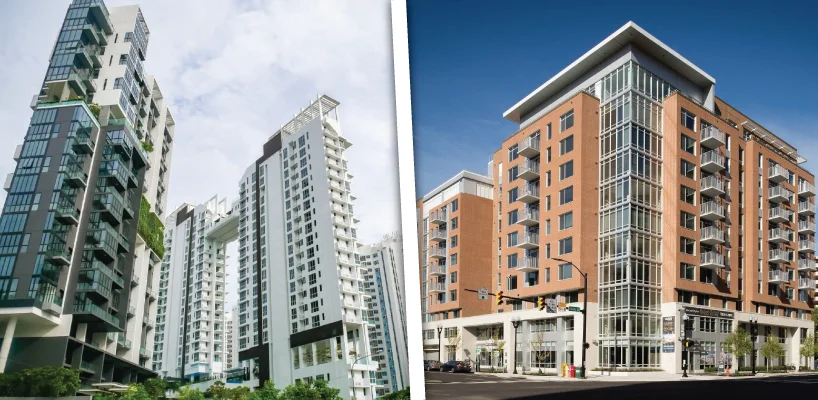
















































































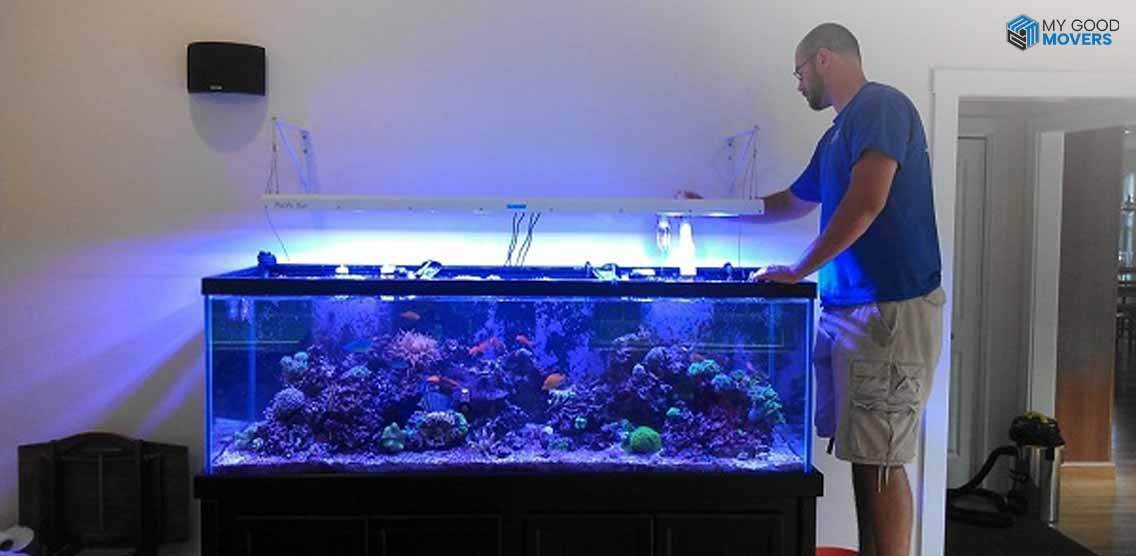














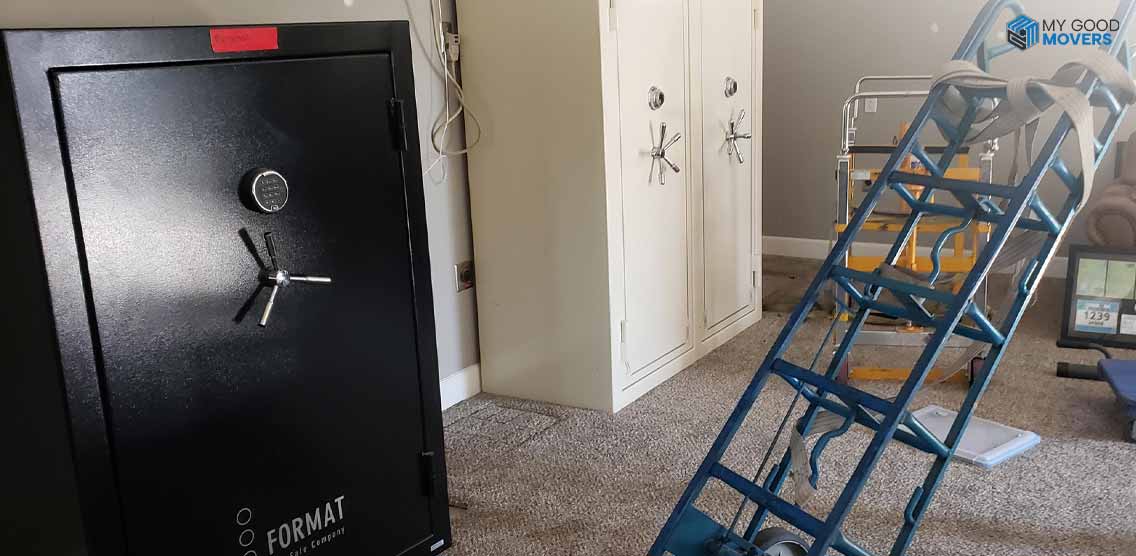


















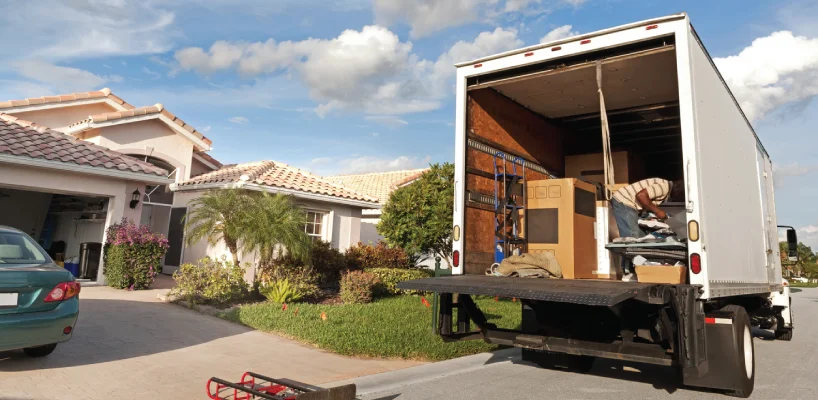







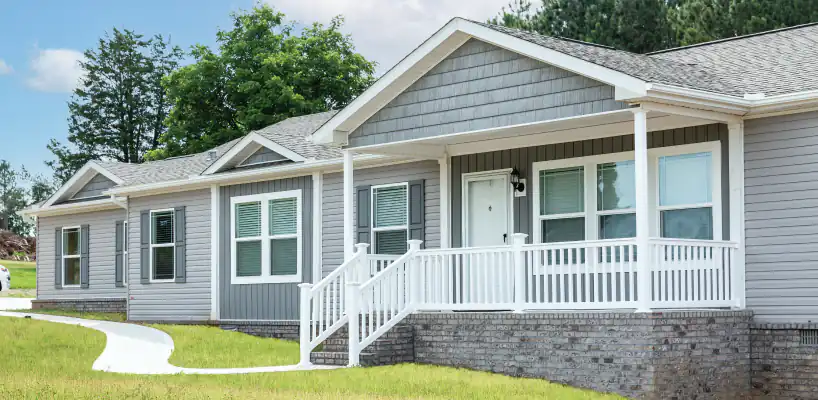
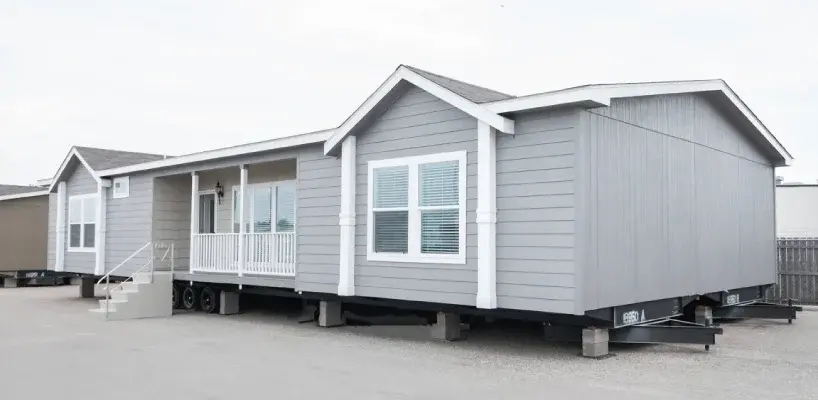


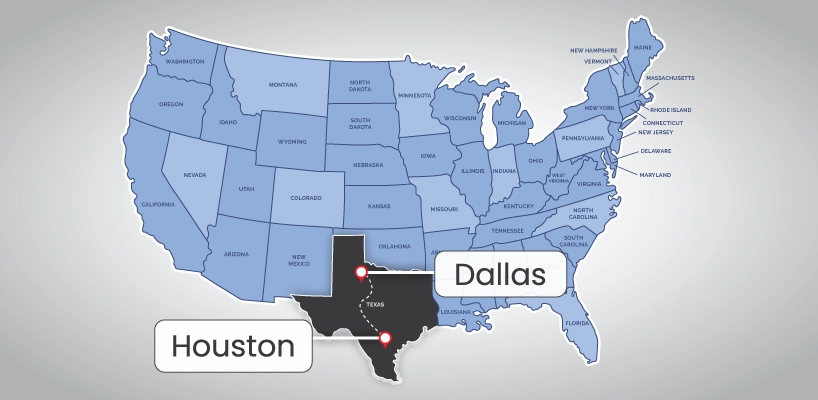


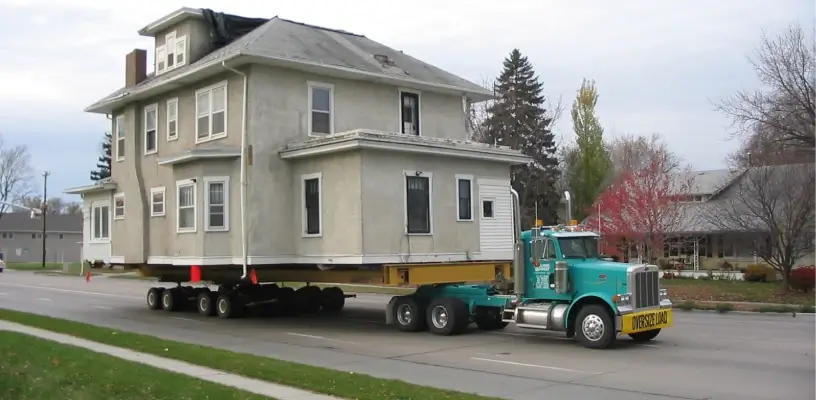







 (239) 799–6077
(239) 799–6077